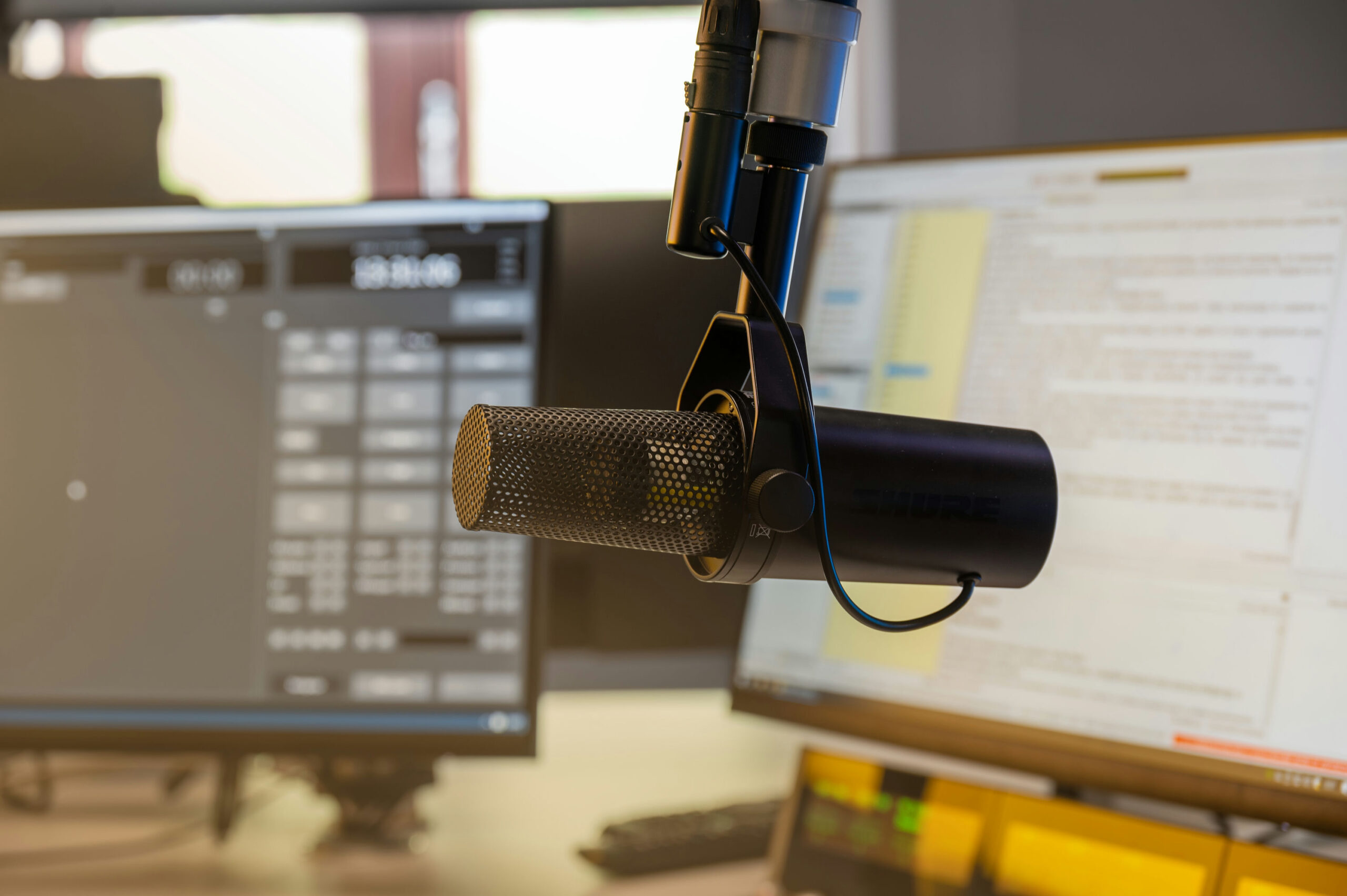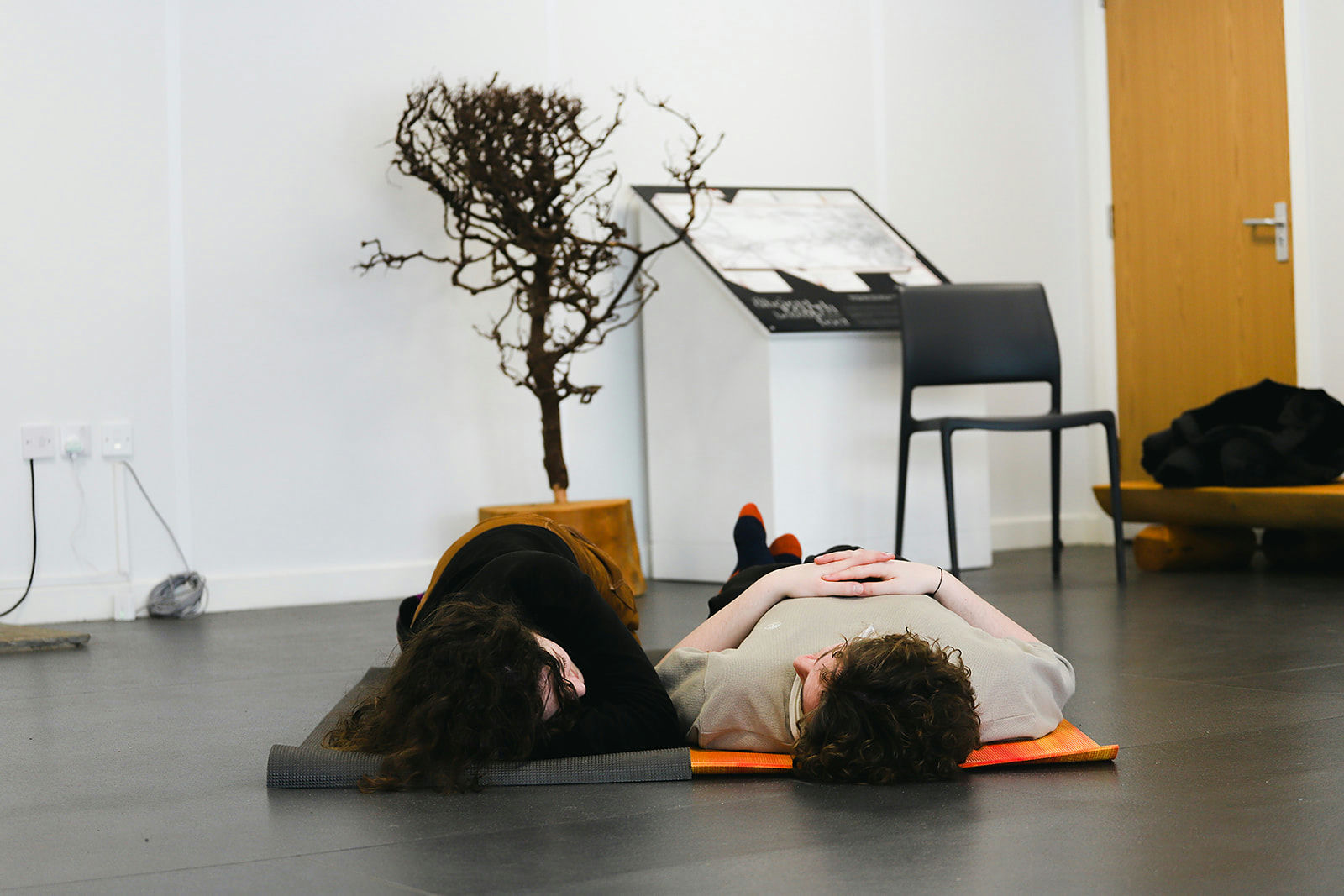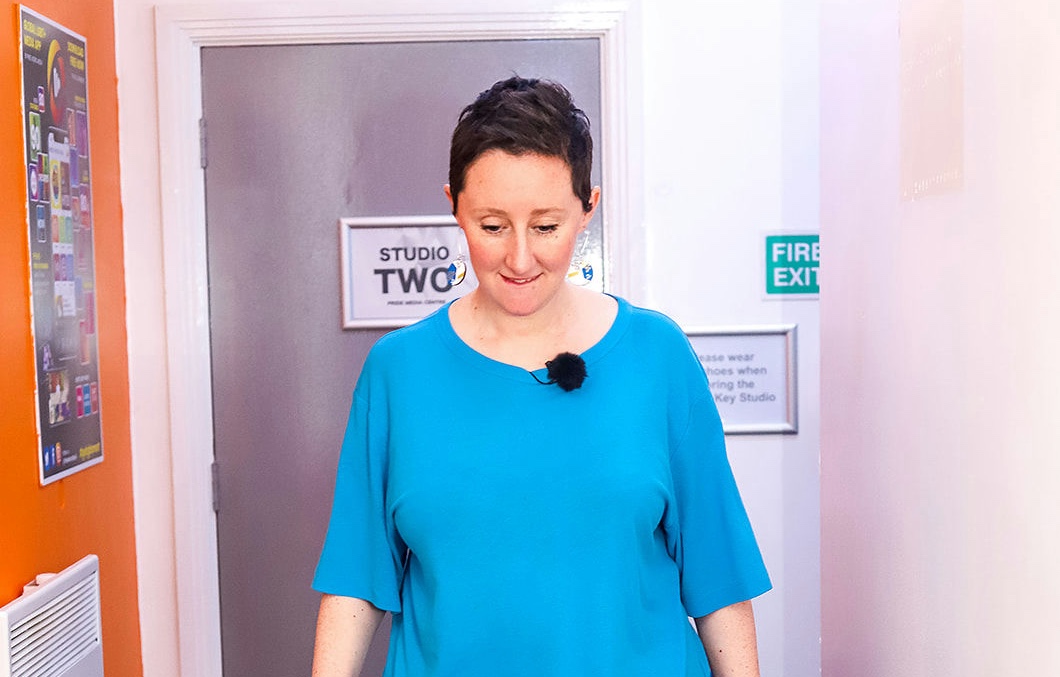If you’re a podcaster, you’ll know the frustration of stumbling over your words mid-recording. Decent articulation not only keeps your audience engaged but also cuts down on the time you spend faffing about in post-production.
Why Articulation Matters
Good articulation means every word lands clearly in your listener’s ear. It’s not about changing your accent or sounding too formal —it’s about making your message easy to understand.
Here’s why it’s worth the effort:
– Clarity Cuts Editing Time: Fewer mistakes mean less time snipping and re-recording so you’ll be your editor’s favourite client or free up your own time for a cup of tea.
– Keeps Listeners Tuned In: The first thing that will make a listener switch off is not bring able to understand you. Sad but true.
– Boosts Confidence: Knowing the listener can understand you will really make you feel good and that in turn makes you sound more professional and polished.
Top Tips to Articulate Like a Pro
Here are a few wee exercises to sharpen your articulation skills:
1. Slug Tongue Exercise
Stick your tongue out gently and rest it on your bottom lip. Now, say the days of the week or count to ten. This frees up tension in your tongue and forces your lips to do the heavy lifting, making your speech much clearer. Bonus? It’ll save you hours of editing!
2. Lip Trill
Blow air through your lips to create a bubbly sound – a bit like a disgruntled horse. Then make sound sound at the same time, on a pitch that is comfortable in your voice. This wakes up your lips and improves their flexibility, which is key for helping your mouth keep up with your thoughts.
3. Tongue Twisters
Give these a go:
– “Irish wristwatch, Swiss wristwatch”
– “Benedict Cumberbatch broke a delicate luggage rack”
Not only are they great craic, but they also build muscle memory for tricky sounds.
4. Slow It Down
I’m not here to police how quickly you speak, it’s often part of your identity or a key expressive technique and the exercises that have come before will help you be understood no matter how quickly you talk. But, practising reading aloud at half your normal speed is an interesting exercise is exploring different options with the speed you talk which can be really good for storytelling.
5. Exaggerate for Effect
Take a short script and over-articulate it. You know like you’re talking through a window to someone and you move your mouth more but don’t increase the volume? That! Then, dial it back to a more natural style. You’ll find it much easier to make the shapes for the words you need afterwards. This helps you find the balance between clarity and conversational flow.
Make It a Habit
Clear articulation isn’t about being perfect; it’s about making sure your listener gets your message without straining to understand. Like any skill, it improves with regular practice, so weave these exercises into your prep.
Want to Sound Sharp and Polished on the Mic?
Articulation is the key to connecting with your audience and speeding up your editing. Join me for New Year New Voice – a month of voice classes online throughout January – to get your voice in top form before every recording.




